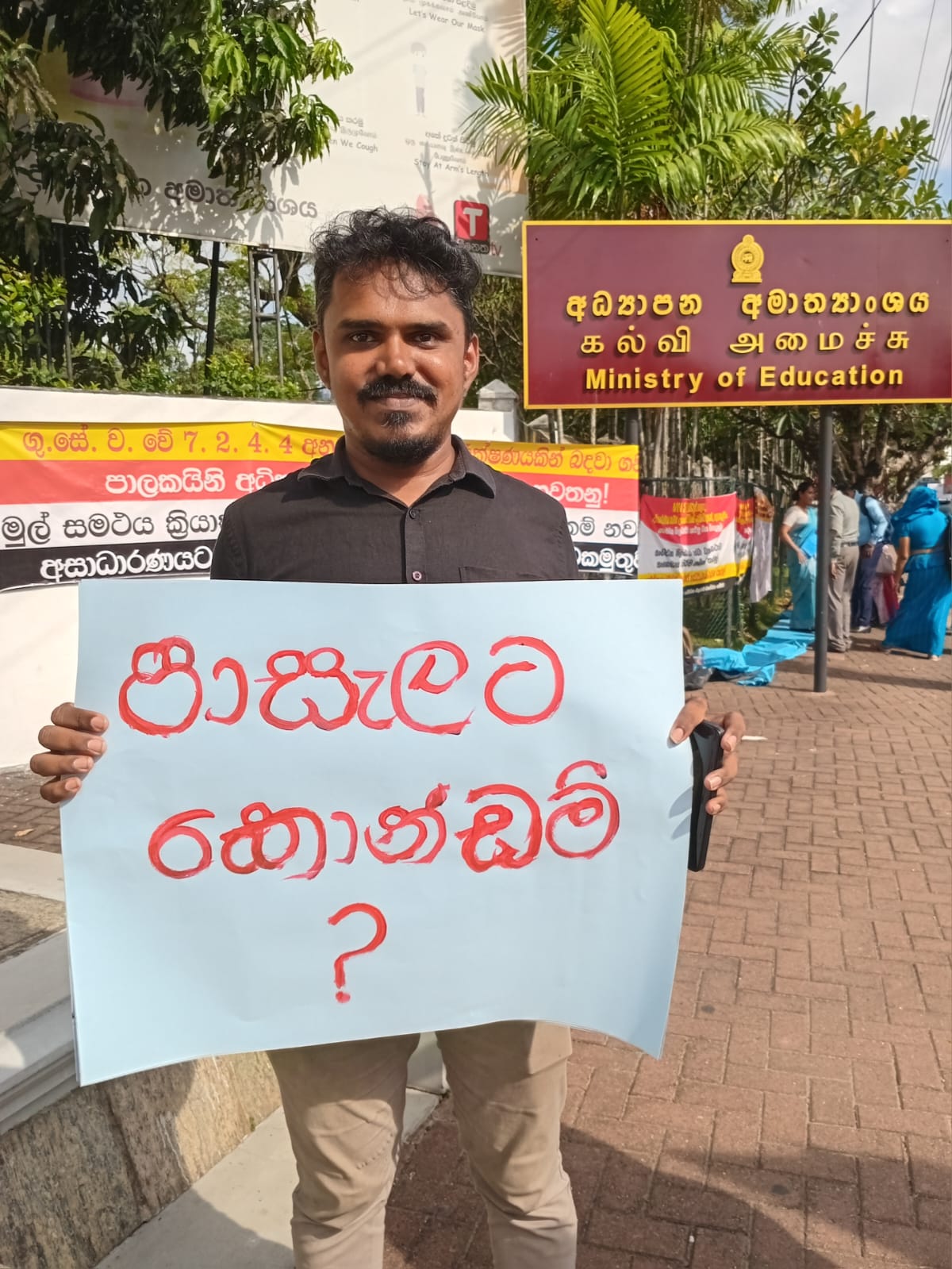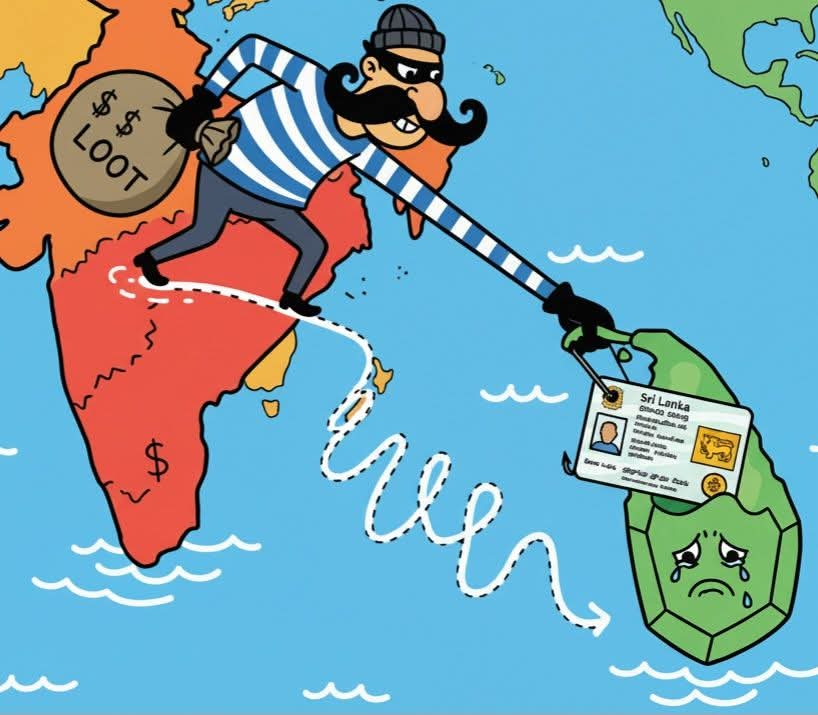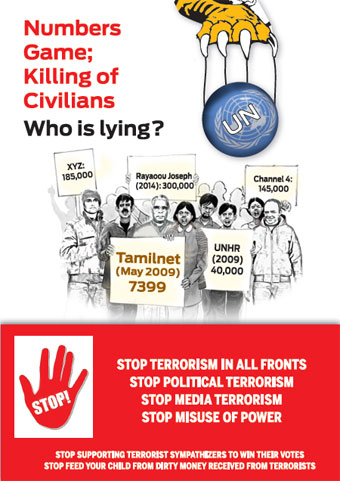Needed: Smart politicians
Words undergo semantic shifts or progression over time, and the adjective, ‘smart’, has taken on a whole new meaning since the advent of the mobile phone which is capable of performing some of the functions of a computer and connecting to the Internet and has therefore come to be dubbed ‘smartphone’. One however cannot make oneself smart by using a smartphone, which has become de rigueur in modern society. There are ordinary people with smartphones, and smart people with ordinary phones; there are also smart people with smartphones and ordinary people with ordinary phones.
‘Smart’ has become a buzzword in Sri Lankan politics, which is anything but smart. As the next presidential election approaches, politicians are making various promises, one of them being ‘smart’ agriculture. Some of them have even pledged to make farmers ‘smart’!
President Ranil Wickremesinghe and Opposition Leader Sajith Premadasa are prominent among the proponents of smart agriculture. However, there is nothing modern about their campaign strategies; they are busy distributing handouts to garner votes. Premadasa is using party funds for that purpose, and Wickremesinghe is issuing freehold title deeds to farmers and others, granting them full ownership of the previously state-owned lands; he is doing so in such a way that one might wonder whether the state would be left with any land if he happened to contest another election. JVP/NPP leader Anura Kumara Dissanayake only makes promises.
The importance of the integration of advanced technologies into traditional agriculture cannot be overstated. A future government will have to take the initiative to give the local agricultural sector a radical shake-up. However, it is not possible to make Sri Lanka’s agriculture ‘smart’ simply by giving smartphones to farmers. There is much more to smart farming than the use of smartphones and access to the internet.
Smart agriculture is the use of advanced technologies and data-driven farm operations to optimise and improve sustainability in agricultural production, according to IBM, which also informs us that smart farming technologies include artificial intelligence, automation and the Internet of Things. This is a very complex process, which requires a great deal of resources, expertise, and, above all, visionary political leadership.
Before undertaking such a gargantuan task as making the agricultural sector smart, the government should do something simple like installing smart traffic lights in the city of Colombo to make it less chaotic, and digitalising the Sri Lanka Customs, the Excise Department, Inland Revenue, etc., to boost state revenue. It can graduate to smart farming thereafter.
Some of the existing problems in the local agricultural sector can be solved without a shift to smart farming. Farmers are struggling to keep their heads above water. The cost of production has gone through the roof, and the prices of their produce have fallen through the floor. Many of them are abandoning their fields as a result. They are easy prey for loan sharks and the Millers’ Mafia, which exploit them and consumers alike with impunity. If the government can ensure that banks and other financial institutions discontinue the deplorable practice of furthering the interests of the Millers’ Mafia by delaying loans that small-scale rice mills apply for paddy purchase, the paddy market will be competitive and farmers will stand to gain. Farmers are without warehouses and therefore have to dispose of their produce, especially perishables, as fast as they can, much to the advantage of the mudalali Mafia. Successive governments have only paid lip service to making storage and transport facilities available to farmers.
Sri Lanka will never be able to achieve its goal of shifting to smart agriculture unless it finds some smart politicians in the traditional sense of the term, to govern it.
27 Viewers








